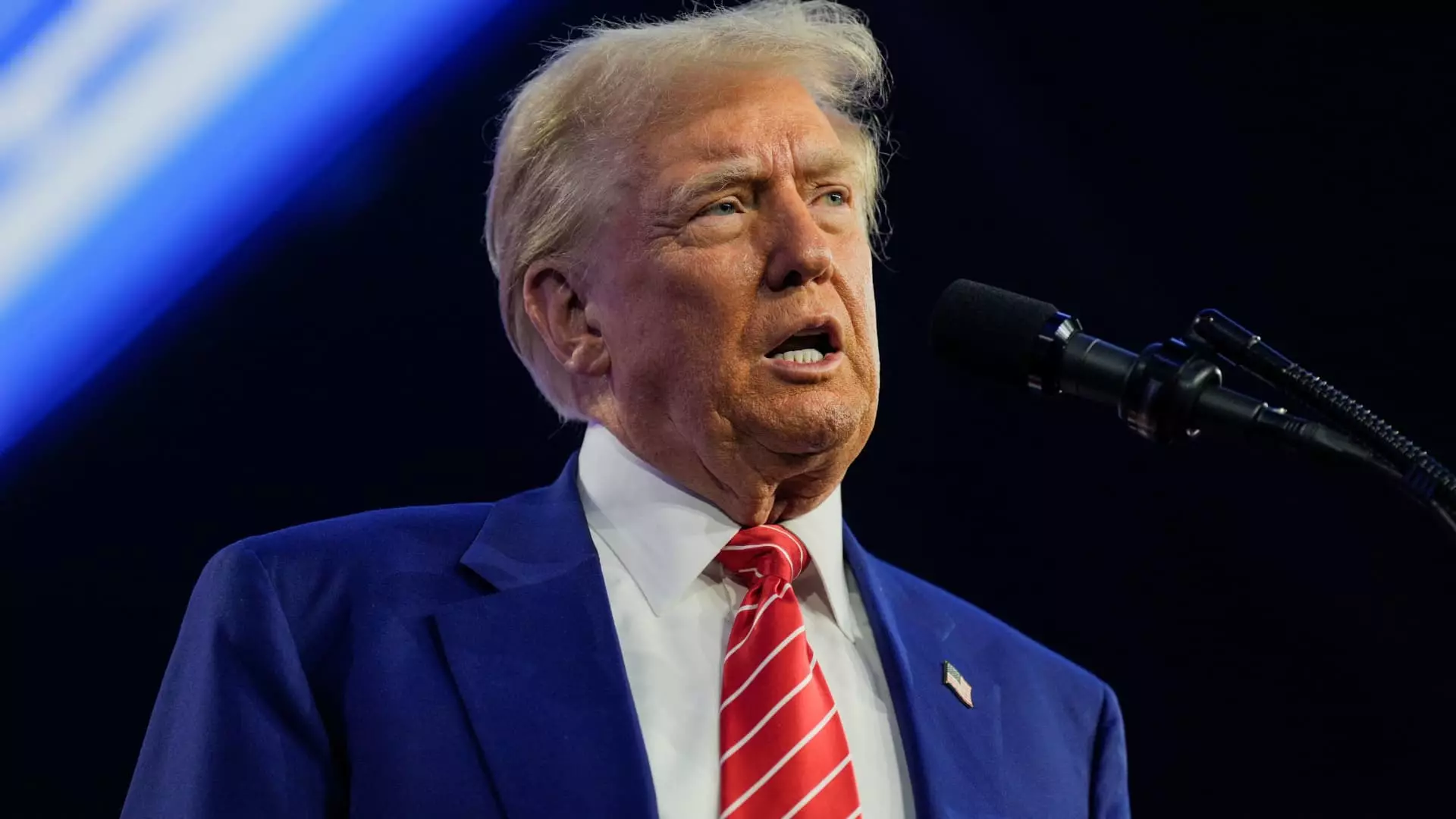In a significant turn of events, President-elect Donald Trump has urged the Supreme Court to delay the enforcement of legislation aimed at banning TikTok in the United States, set to take effect on January 19, 2025, if the Chinese-owned platform does not divest its U.S. operations. This request comes just days before the court is scheduled to hear arguments pertaining to the case on January 10. Trump’s legal team, led by D. John Sauer, asserts that the president-elect does not intend to take a stance on the merits of the legislation itself, but rather seeks to provide his administration the opportunity to broker a political solution before the court renders a decision.
The statute in question—the Protecting Americans from Foreign Adversary Controlled Applications Act—was enacted with bipartisan support, a reflection of the mounting anxiety among U.S. lawmakers regarding the potential security implications of Chinese technology influencing American digital spaces. The backdrop of this legal fracas not only underscores the complexities of international trade and technology but also reveals the intricate interplay between state authority and individual rights within a democratic framework.
Trump’s Shift in Rhetoric and Strategy
Interestingly, Trump’s approach towards TikTok has experienced a dramatic shift since his presidency. Initially, he was staunchly opposed to the app, pushing for its ban under the premise that it posed a national security risk. However, now, as President-elect, he appears to exhibit a newfound affinity towards the platform, expressing a “warm spot” for the app, and suggesting that a negotiated settlement is within reach. This about-face indicates not only a tactical pivot but perhaps also an acknowledgment of the platform’s substantial cultural impact on American society, particularly among younger demographics.
Sauer’s remarks emphasize Trump’s unique positioning as a negotiator capable of reconciling the competing interests of national security and commercial viability. Trump’s past dealings and self-proclaimed “dealmaking expertise” play a crucial role in this narrative, as he positions himself as a central figure who can navigate the contentious and politically charged waters that define U.S.-China relations.
As the Supreme Court prepares to consider Trump’s request, the implications of its decision loom large. Should the court choose to stay the implementation of the law, it would open the door for Trump’s administration to engage in dialogue with stakeholders and develop a path forward that addresses national security concerns while preserving a platform utilized by millions. Conversely, if the court declines the request, the prospect of an outright ban on TikTok could soon become a reality, significantly impacting not just users but also advertisers and content creators reliant on the app for their livelihoods.
The weight of the Justice Department’s legal arguments cannot be understated; the emphasis on national security claims heightens the urgency of the matter. These assertions, contending that the Chinese government could potentially manipulate the app and exploit user data, align with broader concerns regarding digital sovereignty and external interference. In contrast, TikTok’s counterarguments underscore the tension between governmental authority and constitutional liberties, particularly regarding free speech as guaranteed by the First Amendment.
The unfolding saga surrounding TikTok is representative of a broader discourse on digital sovereignty, privacy, and the geopolitical ramifications of technology. While national security justifications have traditionally been potent reasons for government action, the emerging conversation also emphasizes the need to honor individual rights and the diversification of information platforms. The dialogue highlights an essential facet of modern governance: how best to reconcile protections against foreign manipulation without infringing upon the rights of citizens.
Ultimately, the TikTok case encapsulates the nuanced and challenging intersection of technology, policy, and individual rights. As the Supreme Court deliberates, the outcome may well set a precedent not only for popular social media platforms but for the future of internet governance in an increasingly interconnected world.


Leave a Reply